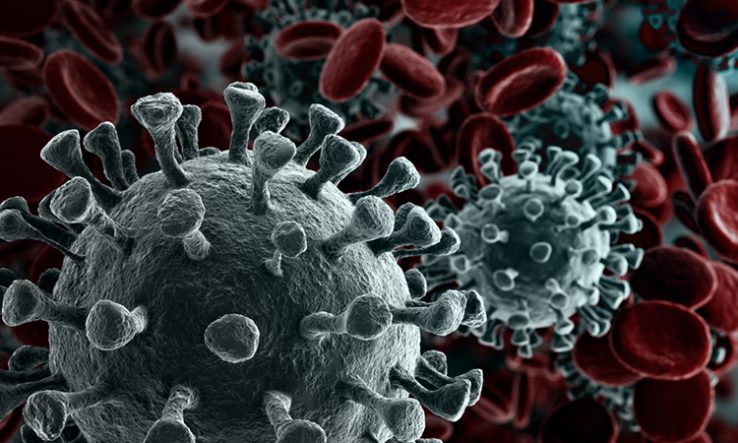
National Virology Consortium will look at how mutations in virus affect its transmission and pathogenicity
The UK’s national funding agency, UK Research and Innovation, has announced a £2.5 million investment in a research project that will study the effects of emerging mutations of coronavirus.
The G2P-UK National Virology Consortium will look at how mutations in the virus affect key outcomes, including how transmissible it is, the severity of the Covid-19 it causes, and the effectiveness of vaccines and treatments.
The announcement follows news of new variants reported in the UK, South Africa and Brazil, with widespread worries that some of them spread faster, can re-infect people who have had the diseases, and possibly even evade protection offered by the current vaccines.
The consortium will bring together virologists from 10 research institutions, who will work alongside the Covid-19 Genomics UK Consortium and Public Health England that is sequencing the viral genomes.
It will be led by Wendy Barclay, head of the Department of Infectious Disease and chair in Influenza Virology at Imperial College London.
Understanding mutations
“The UK has been fantastic in sequencing viral genomes and identifying new variants—now we have to better understand which mutations affect the virus in a way that might affect our control strategies,” she said.
“We are already working to determine the effects of the recent virus variants identified in the UK and South Africa, and what that means for the transmission of SARS-CoV-2 and vaccine effectiveness.
“Now the virus has circulated in humans for more than one year and is prevalent all around the world, we’re in a phase where the virus is constantly throwing up new variants and we need to gear up to assess the risk they pose, and to understand the mechanisms by which they act.”